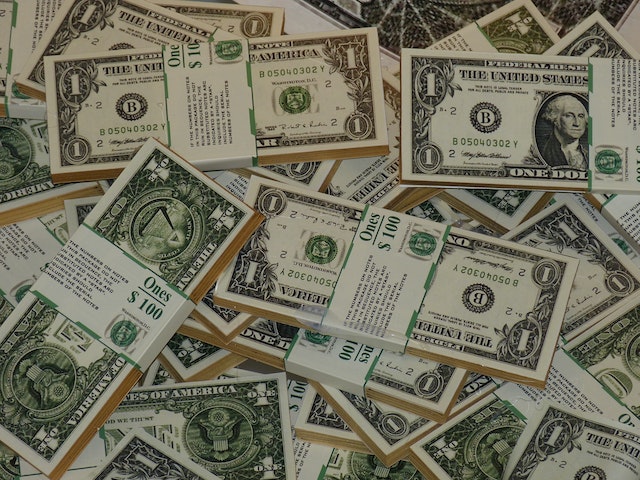The US dollar is still considered a legitimate currency in many countries. However, there are certain things that can indicate that the US dollar may become more of a second-rate currency in the near future. These things include the dominance of the US dollar in international trade, and the ability of foreigners to use the US financial markets as an absorption mechanism for global savings imbalances.
Dominance of the US dollar in international trade
The dominance of the US dollar in international trade is a contested topic. However, many economists expect that it will persist. Those who are skeptical of the long-term prospects for the greenback have a number of reasons to support their position.
One factor that could undermine the dollar’s long-term viability is the ongoing rift between the United States and Saudi Arabia. This situation is also putting a spotlight on the use of financial sanctions. As these sanctions become more common, the United States must consider whether they will harm its image as a safe haven.
One of the biggest challenges to the US dollar’s global economic role is the rise of China as a potential economic powerhouse. China’s recent moves to liberalize its capital account and a growing complexity of inter-country trade relationships may limit its hegemonic role in the international economy.
Another factor that may undermine the dollar’s status is the ongoing shift from currencies to digital currencies. The shift has been largely concentrated on the renminbi (RMB), though the euro has been gaining ground.
Limiting foreigners’ ability to use U.S. financial markets as an absorber of global savings imbalances
It is true that the United States has an advantage when it comes to managing the flow of foreign currency in the financial market. The size of the US capital market is vast, and it is backed by strong institutions.
In addition, the US dollar is the world’s dominant currency. This gives the dollar a geopolitical heft that other currencies cannot hope to match. However, the US dollar’s use is not limited to the role of reserve currency.
Despite the dominance of the US dollar, the United States has not been able to use its currency to its fullest extent. Instead, it has relied on foreign capital to bridge the gap between domestic savings and investment.
The US financial system absorbs a significant portion of the world’s savings imbalances. While this is a positive development for American workers, it can also create significant economic costs.
To maintain US leadership in the global economy, the United States would need to limit the ability of foreigners to utilize its financial markets. That could include a tax on certain financial inflows.
Antibiotics mutate and become resistant to the antibiotic
Antibiotic resistance is a problem that is affecting people everywhere. It can affect humans, animals, and the environment. The CDC estimates that antibiotic resistant infections cause about 23,000 deaths a year in the U.S. and billions of dollars in medical costs.
A number of studies have shown that overuse of antibiotics can accelerate the growth of bacteria that are resistant to them. This can also occur through horizontal gene transfer between different species of bacteria. Some mutations allow the bacterium to produce a pumping mechanism that allows the antibiotic to be exported.
Genetically-modified bacteria can also be introduced into the human population through the spread of feces, coughing, or unwashed hands. Bacteria are natural enemies of each other. They can travel by water, air, or through the digestive tract.
One way to prevent infection is to use a soap or hand sanitizer regularly. But even if you are properly sanitized, there are still many ways for a person to contract an antibiotic-resistant illness.
China’s renminbi will compete with the US dollar
If China’s renminbi does become the global reserve currency, it would have to compete with the US dollar. However, the path toward this goal is not necessarily straight. It will require political and economic reforms as well as strong support from deep, liquid financial markets. Ultimately, it will depend on China’s own policies.
In recent years, China has undertaken several initiatives to promote the renminbi as a world currency. These include the Asian Infrastructure Investment Bank and the Belt and Road Initiative. The former allows China to borrow outside of the Bretton Woods system, while the latter helps China build infrastructure throughout Eurasia.
As a part of the initiative, China is also developing a digital yuan. This payment instrument is similar to a credit card or debit card. But unlike a debit card, it can be used without having to go through a bank.
There is a debate as to whether China’s renminbi is undervalued against the US dollar. Many argue that it is not as undervalued as it was in the past.

